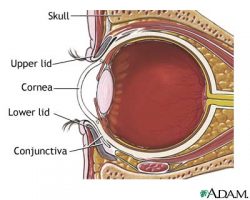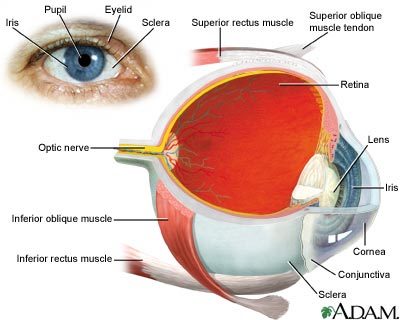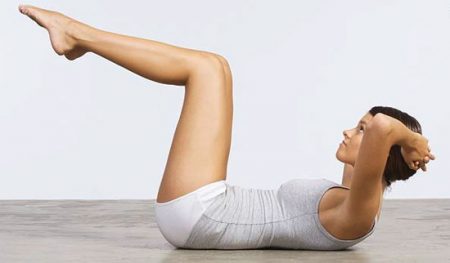
From eating carrots will improve your vision to sitting to close to your TV will hurt your eyes, the world is awash with eye myths and urban legends. New York City Optometrist, Dr. Harvey Moscot of Moscot Eyewear and Eyecare, sheds some light (no pun intended) on the most commonly accepted but least understood eye myths, and how some myths may even be detrimental to your eyes if not dispelled. We suggest to contact an ophthalmologist if you have question after reading this article.
10 Eye Myths
MYTH: Eating carrots will improve your vision.
FACT: Carrots are rich in vitamin A, which is important for a healthy diet, but eating carrots, even extraordinarily large quantities of carrots, will not improve your vision.
MYTH: Reading in the dark will damage your eyes.
FACT: Reading in the dark can cause your eyes to fatigue, but cannot cause permanent eye damage. However, it is true that reading in a well-lit room will prevent eye fatigue.
MYTH: Sitting too close to the TV will hurt your eyes.
FACT: Children often sit close to the TV because it is easier for him or her to focus up close without strain, which is why they develop the habit. While there’s no evidence that sitting close to the television will cause permanent damage to your eyes, it can be a symptom of nearsightedness you need to sit close to the TV so you can see the picture more clearly.
MYTH: If you cross your eyes, they can stay like that.
FACT: Crossing your eyes for amusement or humor will not affect your eye placement long term. When we focus up close our eyes naturally come together, so when you cross your eyes you are just exaggerating this natural response.
MYTH: Children will outgrow crossed or misaligned eyes.
FACT: Children will not outgrow crossed eyes (a condition called strabismus), or misaligned eyes (a condition called amblyopia, or poor vision in one eye). Unless it is forced to do the work, the misaligned eye will not develop proper vision. Crossed or misaligned eyes can be straightened by using early patching, glasses eye drops or surgery and the sooner treatment begins, the better.
MYTH: Wearing glasses all the time will make you so dependent on them that you will see poorly without them.
FACT: Wearing eyeglasses will not make your eyes worse. Some refractive errors will worsen as you age, but wearing glasses is never the cause. Also, if you are used to clear vision when you wear your glasses, it will seem like your eyes are worse when you take them off.
MYTH: Blind people live in a world of total darkness.
FACT: Darkness is a word described to tell you there is no light. People who are 100 percent blind don’t have the ability to see light or darkness. They see nothing at all.
MYTH: Visine improves dry eye problems.
FACT: You may find temporary relief by using eye drops like Visine, but many of these products worsen dry eye by reducing circulation and decreasing production of tear film in the eye.
MYTH: Wearing someone else’s glasses can cause damage to your eyes.
FACT: The only harm in wearing someone else’s glasses is that it causes you to lose vision while you’re wearing them. It’s nothing permanent.
MYTH: Eye exams aren’t necessary unless you are having an eye problem.
FACT: It is important to keep up with regular eye exams. Many eye diseases don’t show early symptoms. A regular exam can help prevent eye disease, and other health problems, before it starts.




